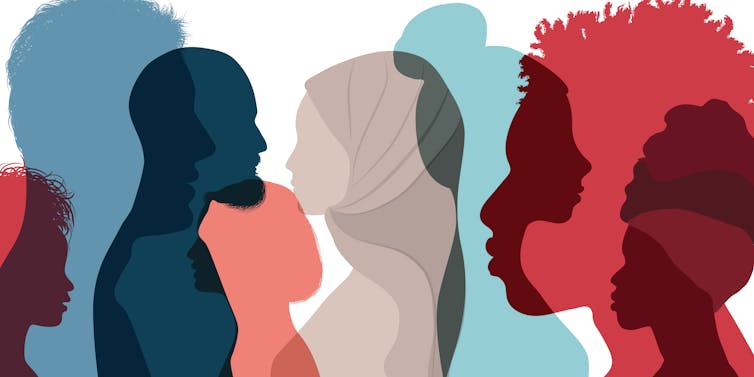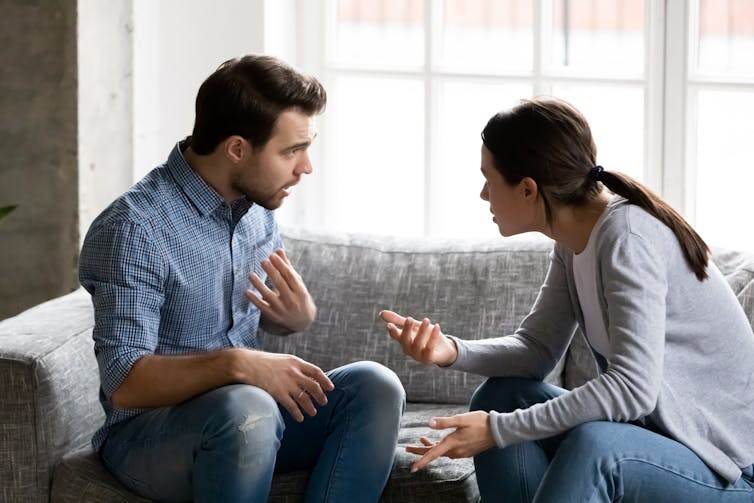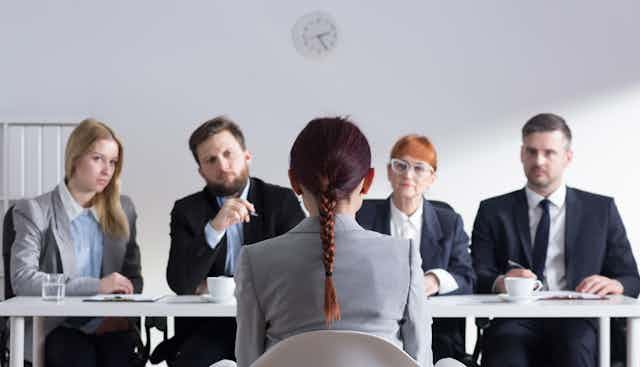People tend to think having biases is a bad thing. From the COVID-19 pandemic, to education and the workplace, tackling and mitigating bias is very much a topic of conversation.
But, if we want to create a more just society we need to first understand biases as natural products of our environment.
We develop biases and perspectives as reactions to experiences that prepare us for evaluating information that we will encounter in the future.
We all have biases to some degree, whether we care to admit this or not. Our biases remain innocuous until our assumptions impact our behaviours toward other people. By acknowledging our biases we can find ways to mitigate their impact on our decision making.
Our perceptions of bias and our perspectives fundamentally affect how we interact with our environments. Take myself for example, I’m a motivation and education researcher in the Faculty of Education and Faculty of Health Sciences at Queen’s University. I tend to be moved by evidence that explains and explores why someone did or should do something. That’s why the motives behind bias are fascinating to me.
Read more: Measuring the implicit biases we may not even be aware we have
Motivation and biases
Our biases are consciously and unconsciously shaped by what motivates us. The motives behind our actions shape how we see the world and everything in it. With this understanding it is impossible to be impartial on many issues.
I’ll use a motivation theory called Expectancy-Value-Cost (EVC) to explain this. Our motivations for anything can be sorted into three overarching groups of factors: expectancies (expectations of success), values and costs.
Expectancies are a combination of self-concept (how I see myself) and self-efficacy (I believe myself to be capable of this task). For example, does a person believe they are impartial and capable of being impartial on a particular issue.
Values are the reasons why we do something (it would be fun, fulfils my identity, or I expect a reward for doing this). Someone who aspires to be even-handed or identifies as being just and fair would naturally be more willing to consider the possibility that their view might be skewed by a past experience or what they have perceived.

Confronting biases also has perceived costs. Costs are the inherent and holistic price of doing something (extra effort, pressure, discomfort). Consider how uncomfortable it can sometimes be to challenge our assumptions and admit that we might have been less than fair, intentionally or unintentionally.
When we act on biases we are driven by factors like these. Although they vary from person to person, these three factors paint a generally applicable picture.
Mitigating bias
The best you can hope for is to be aware of how you are biased and mitigate its impact. Our perspective on something as simple as a hockey hit or as complex as thoughts that spur discussion of histories that could demand a shift in worldview, are influenced by our past experiences.
By stigmatizing bias, we treat it as something to evade, avoid and conceal instead of something we must discuss. This makes unmitigated biases — the ones that we convince ourselves that we do not have — a source of division and shame that impedes our progress.
By not addressing unmitigated biases, we are setting people up to avoid difficult conversations and to live as if some folks’ experiences don’t exist or that perspectives other than their own are not valid. This lets biases fester into something that makes injustices more likely.
Where this becomes a threat to justice is when we believe we see things more clearly than others. Instead, we should ask ourselves why we are seeing things the way we do and consider what could be informing our bias.

I’ll go first. I love Canada, the nation that accepted my parents’ families as refugees who were seeking a better life and willing to work hard for it. But if I allow my love for Canada to make me blind or numb to horrific historic injustices that have happened in this country, then I am contributing to a status quo that actively harms others.
By acknowledging our biases, we make it possible to do something about them, be aware of them and control how they affect us. Acknowledging bias allows us to make amends, make better decisions and eventually change.
Understanding the motivations and broader implications of having biases means we can better contain their negative influence and advance justice in our society.
What we need is a bias literacy of sorts. When we stop challenging our biases and those of others, critical conversations stop happening. Biases are natural products of our experiences, but the ability and willingness to disclose and challenge our biases are acquired through putting in the hard work.

